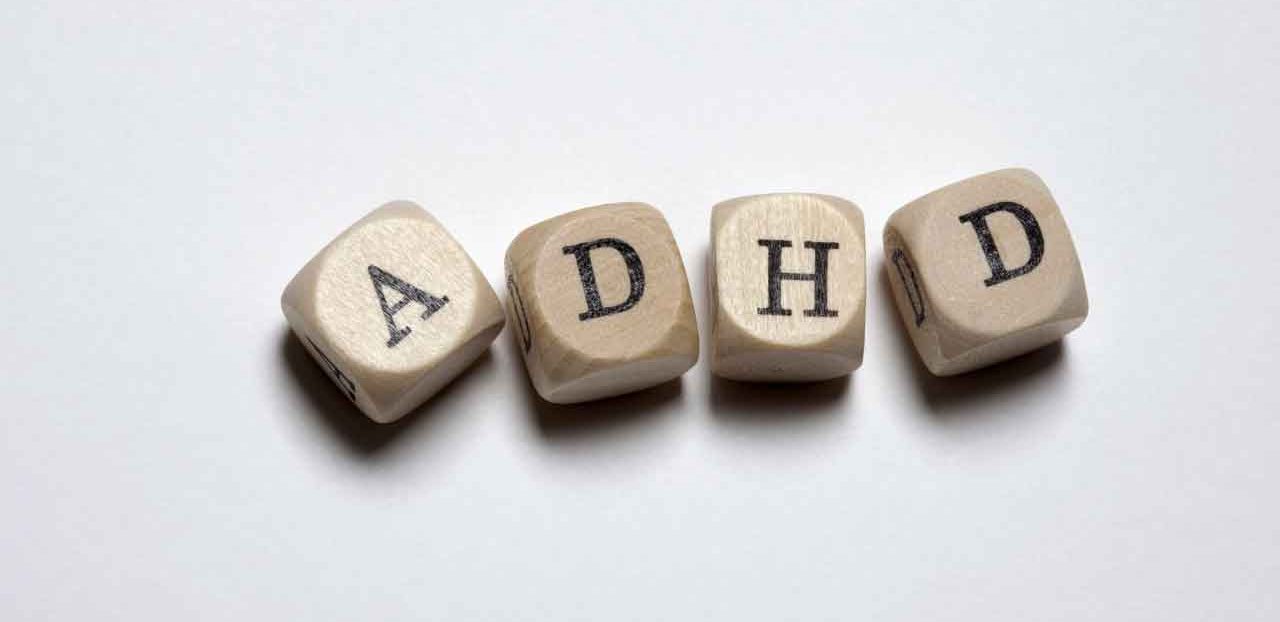Adults Can Have Attention Deficit Hyperactive Disorder

Beyond taking meds, you can learn new habits and finally stop racing.
Are you often restless, distracted, jiggling your foot, talking a blue streak, interrupting other people, and getting side-tracked? Are you always late and can’t fall asleep at night? If these symptoms show up in various areas of your life, and cause problems, you may have undiagnosed attention deficit hyperactivity disorder (ADHD).
People used to think ADHD affected only kids. However, it now is accepted as a life-long problem, with some 3 to 5 percent of adults affected to various degrees. Many successful adults have learned to compensate for their restlessness and distractibility and associate it with a personality that is exciting, adventurous, stimulating to others, and creative. ADHD in adults can show up as bad insomnia, dominating conversation, procrastination, over-spending, infidelity out of boredom, and a fiery temper. You may have a milder case, and simply appear hyped-up, checking your smartphone too compulsively. No one is always attentive, patient, and composed, but if people around you complain that you’re jittery or scattered — and you’re having problems managing time and responsibilities — you might consider a root cause. ADHD runs in families, and sometimes adults seek help only after a son or daughter is diagnosed. Usually, their spouses aren’t the least bit surprised.
Symptoms show up before the age of 12. Think back. Do you recall academic problems or being especially rambunctious? It’s possible you’ve forgotten, so you might ask people who knew you as a child.
RELATED TOPIC: How to Work Around a Procrastination Habit
If you decide to get a professional diagnosis, a psychiatrist will look for at least five of the following symptoms related to attention:
- You fail to give close attention to details or make careless mistakes.
- You don’t seem to listen when spoken to directly.
- You get side-tracked and fail to complete tasks.
- You have trouble organizing tasks and activities.
- You avoid, dislike, or are reluctant to do tasks that require mental effort over a long period of time.
- You lose things you need, like your keys or cell phone.
- You are easily or frequently distracted.
A doctor will also look for at least five of these symptoms related to hyperactivity:
- You fidget, tap your hands or feet, or squirm in your seat.
- You leave the seat when you’re expected to sit still, for example, getting up during meetings.
- You feel restless.
- You talk a great deal.
- You blurt out an answer before a question has been completed.
- You have trouble waiting for your turn.
- You interrupt or intrude on others, butting into a conversation or activity.
Some people with ADHD are misdiagnosed as suffering from bipolar illness, or anxiety. “By the time most adults get the correct diagnosis, they have seen 2.3 doctors and been through 6.6 failed courses of antidepressant or mood-stabilizing medications,” writes William Dodson, MD, a specialist in ADHD who practices in Denver. People with ADHD nervous systems are passionate and tend to overreact to rejection, sometimes with big mood swings. Perhaps you’ve complained of anxiety to your doctor. People with ADHD “equate anxiety with the lifelong experience of never slowing down enough to have a moment of peace, always thinking about five things at once, being so energetic that they have never been able to sit through a movie, and being unable to shut this hyperarousal off so they can sleep,” Dodson explains. Anxiety is fear. Are you afraid or hyper?
The best success in treating adults with ADHD comes from a combination of medication and behavior therapy. It seems odd, but the most common treatments are two stimulants related to street drugs: methylphenidate and amphetamine. Taken in medical doses, these drugs can work for a lifetime without creating tolerance. If you stop taking them, the benefits dissipate in hours or days. Side effects should also resolve in three to five days. Some people lose their appetite, which can take much longer to go away and require additional medication. As many as 20 percent of patients don’t respond to stimulants. Another class of drugs includes guanfacine (Intuniv) and clonidine (Kapvay).
A pill can help you focus; you then need to change your habits. You may have come to rely on last-minute surges of energy. Instead, consider using systems to keep you on track, like beeping watches or checklists.
Edward Hallowell, MD, who suffers from ADHD himself, offers a host of tips that include consciously limiting distractions, for example, shutting off the TV and putting away the phone when you’re talking to your partner or kids. Slow your racing brain by taking up yoga or meditation. Schedule time to plan the next day, allowing for enough time to get to appointments. Cut out lower-priority tasks by delegating and learning to say no politely.
A diagnosis isn’t an excuse; it’s a possible explanation. You decide what to do next.
Updated:
April 03, 2020
Reviewed By:
Christopher Nystuen, MD, MBA